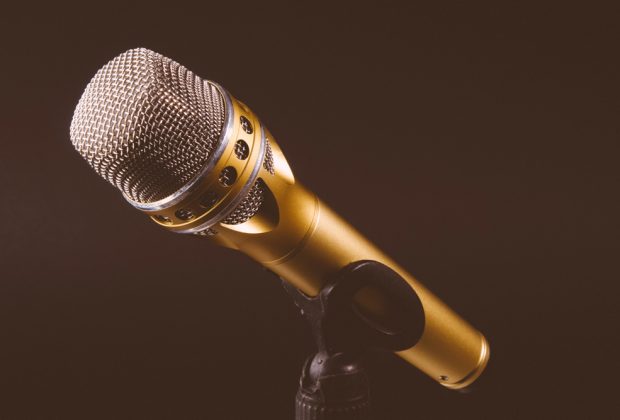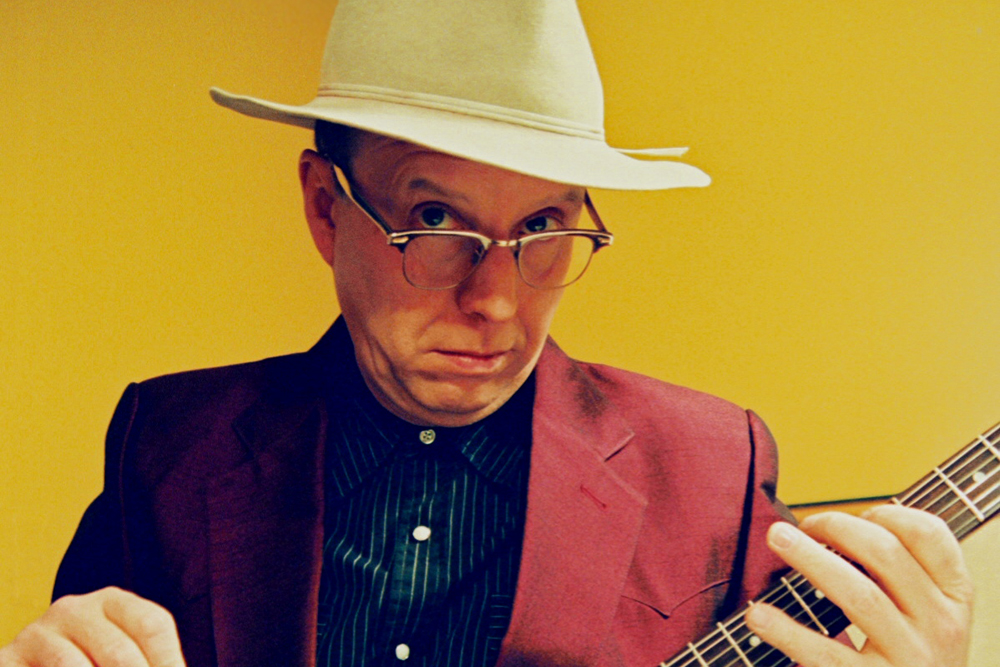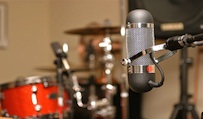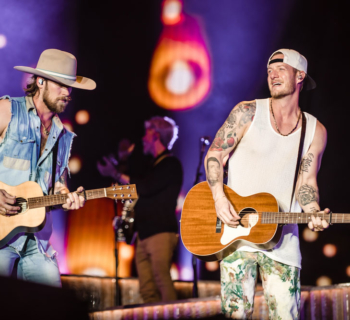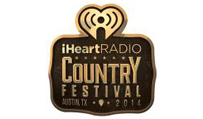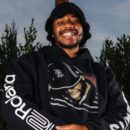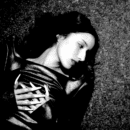Music Connection speaks with a roundtable of singers including country stars Florida Georgia Line, EDM hitmaker VASSY, rapper Daye Jack, pop crooner Jordan Fisher and Rock & Roll Hall of Famer John Oates, who give candid insights about voice training, maintaining vocal health, dietary do’s & don’ts, handling stage jitters, and their all-time favorite singers.
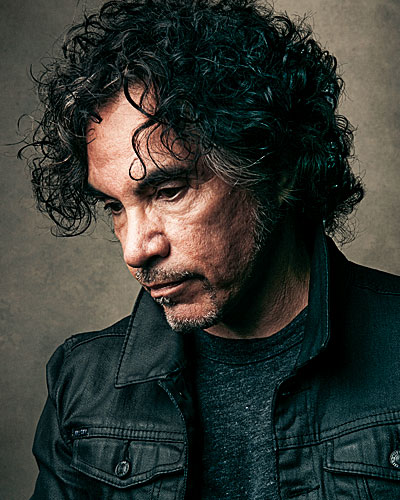 JOHN OATES
JOHN OATES
Hall and Oates
Jonathan Wolfson – Wolfson Entertainment
Half of the No. 1 selling duo in music history according to the RIAA, John Oates can now add “successful author” to his impressive resume. Changes of Seasons: A Memoir (St. Martin’s Press) is not the Hall and Oates story, but the John Oates story naturally features reflections on his prolific and dizzying career with partner-in-crime, Daryl Hall, as well as a solo career that has been ongoing for years.
Influences on style
As a little kid, I sang old Broadway show tunes, and old songs like Al Jolson’s stuff, things from the 1920s and ‘30s and ‘40s. And then eventually when rock & roll took hold in the early ‘50s, I began to sing Little Richard and Chuck Berry and Curtis Mayfield, and basically did what every singer or musician has done for centuries––you copy the people who you like, emulate your heroes and the people you respect, and hopefully an original style emerges. There’s no way to quantify it or formularize it, it just either happens or it doesn’t. My vocal style is a combination of those same people, and certainly Curtis Mayfield, and some of the shouters like Little Richard and Otis Redding and people like that. On my solo stuff I needed to go back to my pre-Hall and Oates influences in order to find myself and find my solo voice. So, the solo stuff that I’m doing currently is really a much more rootsy, traditional American kind of approach, with modern, pop sensibilities.
Handling early rejection
Daryl and I were the kind of people [who’d never been] rejected. So when we got rejections for about a period of two years, we couldn’t process it. How could we have lived a life up to 20-year-olds and always be accepted and encouraged, and then all of a sudden out of nowhere, no one liked us? And then we realized that the component that was screwing the whole deal up was the business side, the people that we were associated with. Once we transcended that, then things changed.
Laying down the tracks (Harmonizing with Daryl Hall)
Our vocal ranges are actually quite similar. We can do it all, we interchange and interweave our parts and the way we sing and do things, over the years we experimented with different techniques, especially doing background vocals. We had lots of interesting techniques. We would sometimes sing individual parts and then we would switch parts and double each other. Sometimes we would sing the same part together and double each other live. Sometimes Daryl would do three parts and I’d do one part. Depending on the sound we were looking for, sometimes I would do more harmonies than he would do. There were no rules, basically.
Favorite Microphones
Back in the days of Atlantic Records, their collection of microphones was unbelievable; it was vintage microphones of the 1940s and 1950s. Today, live, I use a PM9 that was developed here in Nashville by the Miktek company. It’s an amazing mic and its EQ curve is geared toward the frequency that I need to enhance in my voice, my upper mid-range for the most part, between one and three k; it kind of cuts a little bit more in that range, and it’s really good for my voice. So, that’s my mic, I carry it around with me, I use it on the Hall and Oates show, I carry it in my bag. If I ever play a solo show, I put it up and sing to it.
Acting out the songs
You have to be a convincing storyteller and then you have to actually make someone believe what you’re singing is real. The ultimate version of that for me, is Frank Sinatra. Frank Sinatra could make you believe that what he was singing about was so real and he had actually experienced it, whether he did or not. Hoagy Carmichael may have written the song, and Frank Sinatra might have walked through the studio that day with the Nelson Riddle Orchestra, smoked a cigarette and just sang it, but, somehow or another, you believed that he had experienced those lyrics.
Schooled, home school, or no school
If you’re not learning, you’re stagnating; it’s as simple as that. It doesn’t have to be formally taught; there’s millions of ways of learning. I would say, learn to sing properly, and learn to save your voice because if you plan on being a singer for 40 years like me and Daryl, you’ve gotta be able to understand the mechanics and the physicality involved in singing and learn how to sing correctly so that you can sing for 40 years. That’s why we’re still out there, because we actually know how to sing. If you’re really serious about it, take the time early on to learn how to do that. •

